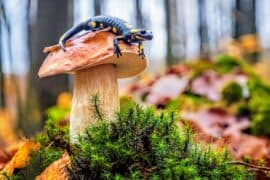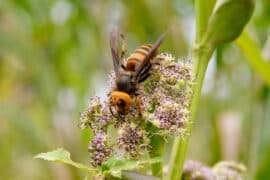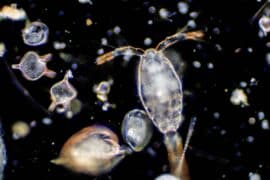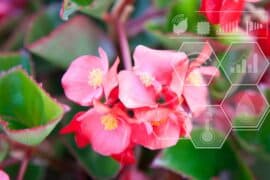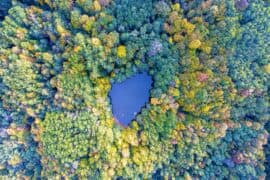Spike dropseed
(Sporobolus contractus)
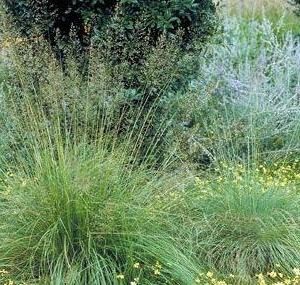
Description
Sporobolus contractus is a species of grass known by the common name spike dropseed. It is native to western North America, including the southwestern United States and northern Mexico. It grows in desert and plateau habitat, in woodlands, scrub, and dry, sandy, open areas. It is a perennial bunchgrass forming a clump or tuft of stems reaching up to 1.2 m (3.9 ft) in maximum height. The stem bases are thick and sheathed by the hairless leaves. The inflorescence is dense, cylindrical, and narrow. It is a spikelike series of many small whitish or grayish spikelets. Sporobolus is a nearly cosmopolitan genus of plants in the grass family. The name Sporobolus means "seed-thrower", and is derived from Ancient Greek word (spóros), meaning "seed", and the root of (bállein) "to throw", referring to the dispersion of seeds. Members of the genus are usually called dropseeds or sacaton grasses. They are typical prairie and savanna plants, occurring in other types of open habitat in warmer climates. At least one species (S. caespitosus from Saint Helena) is threatened with extinction, and another (S. durus from Ascension Island) is extinct. While some dropseeds, such as prairie dropseed (Sporobolus heterolepis), make nice gardening plants, they are generally considered to make inferior pastures, but seeds of at least some species are edible and nutritious; they were used as food, for example, by the Chiricahua Apaches. Other species are reported to be used as famine foods, such as Sporobolus indicus in parts of the Oromia Region of Ethiopia, where it is known as muriy in Oromiffa. Known as popote de cambray, Sporobolus grasses are used in popotillo art or straw mosaics, a Mexican folk art with pre-Columbian origins. The 1889 book The Useful Native Plants of Australia records that Sporobolus actinocladus is a "Perennial; seeds in October and November. A much esteemed pasture grass of the back country, common on rich loamy soil; stock of all kinds are very fond of it." Caterpillars of the small moth Bucculatrix sporobolella have only been found on alkali sacaton (Sporobolus airoides). The Laysan dropseed noctuid moth (Hypena laysanensis) on Laysan Island apparently became extinct with the local eradication of S. virginicus by feral rabbits.
Taxonomic tree:



